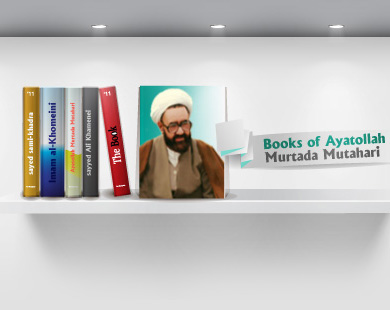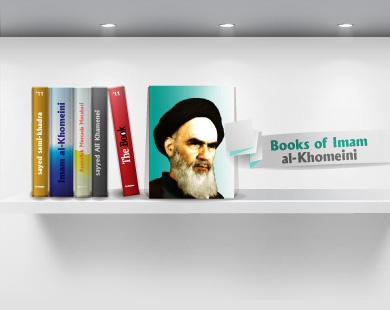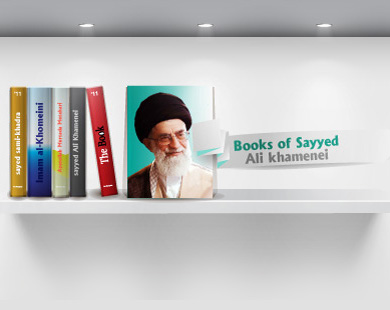Counseling with others and knowing their opinions is considered a management strategy at all the individual, family, and administration levels. No matter how genius and prudent a person is, he cannot comprehend all the corners of life and encompass all its problems. An official who does not consult others in the management of his institution is considered a failure in his management, and he is exposed to setbacks in his work.
Consultation has been of great importance in Islamic provisions. The Prophet (pbuh), despite possessing a great intellectual ability that qualifies him to direct and manage affairs without the need for anyone’s consultation, and regardless of the divine revelation, he used to consult others in order to make Muslims feel the importance of consultation and its benefits In this way, they take it as a cornerstone in their programs and develop it in their mental and intellectual powers. Therefore, we find him consulting his companions in general Muslims’ matters related to the implementation of divine laws and rulings - not the origin of rulings and legislation that revolve around revelation. He gives special importance to the opinions of his counselors, and gives them the value they deserve, to the extent that he sometimes refrains from adopting his own opinion, out of respect for them and their opinions, as He did this in the case of Uhud. It can be said: This particular matter was one of the influencing factors behind the success of the Noble Messenger (pbuh) in achieving his supreme Islamic goals[1].
Because there is no doubt about the origin of the importance of counseling in managing living matters, we will discuss some of its benefits and effects in the following:
1- Limitations of advice:
God Almighty commanded His Noble Prophet (pbuh) to consult Muslims in the noble verse: “Consult them in the matter”([2]). It is true that the word (the command) in this verse has a broad concept that includes all matters, but it is also recognized that the Prophet (pbuh) did not consult people in the divine rulings at all, but in this field he followed the revelation only. On this basis, the consultation was on how to implement the divine rulings practically. In ther words: The Prophet (pbuh) did not consult anyone about codification, but he consulted on how to implement it. He sought the Muslims’ point of view in that, and that is why when he would suggest something - sometimes, Muslims ask him: Is this a divine ruling that it is not permissible to express opinion about it, or is it related to how to implement it? If it is of the second type, then people express their opinions about it, but if it is of the first type, they have nothing to do with it except submission and delegation ([3]).
2- The difference between Shura and Advice:
Shura is a mutual advice between people of knowledge, specialists, experts and thinkers on a specific topic because the best way to reach the result is: research and discussion among them([4]).
Through the cross-fertilization of these ideas, a light shines to enlighten people, with a path that they can pass through ([5])
Sometimes, some confuse shura with advice, as the decision in the shura is collective, where specialists consult on a case, and the decision taken in accordance with the opinion of the majority. As for the decision in advice, it is taken by one person after consulting a person or group of people, and this decision is taken according to what the advisor sees appropriate, which means that the final decision is the same as what he finds suitable ([6])
The Art of Managing Living- Matters- A narrational Quranic vision, Al Maaref Islamic and Cultural Institution
(1) Al-Shirazi, The Optimum in the Interpretation of the Revealed Book of God, M.S., Volume 2, p. 750.
(2) Surat Al Omran: 159.
(3) Al-Shirazi, The Optimum in the Interpretation of the revealed Book of God, M.S., Part 2, p. 749
(4) The student, Hisham: Management and Leadership in Islamic Organizations (Directorates of Warhabri Dar Tekleha Islami), translated by Mr. Ali Muhammad Al-Rafi’i, Publications of the International Foundation for Islamic Thought, Tehran, first edition, 1380 AH, p. 314.
(5) Al-Kamali, Ali: The Qur’an and Society (Quran and Jami`ah), 2nd Edition, L., Aswa Publications, 1373 AH. Q, pg 423.
(6) The Student, Directorates of Warbary Dar Tekleha-Islami, M.S., p. 115.




















